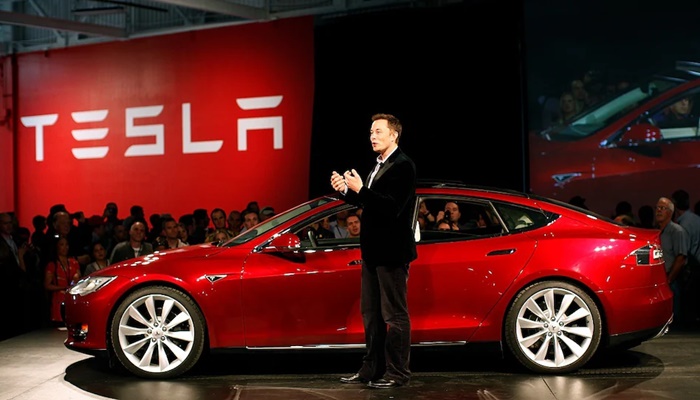Every AI success story begins with frustration. The most profitable startups don’t chase hype—they fix inefficiencies. Find a gap, automate it, and let algorithms turn pain into profit.
Don’t wait for perfection—build, break, and rebuild. Using no-code AI tools or APIs, even beginners can design testable products within days. The best feedback? Real users, not theory.
Every “no” from early users hides a clue to your next “yes.” The fastest-growing AI businesses constantly refine, pivot, and relaunch. Listen closely—your market whispers before it screams.
AI doesn’t replace expertise—it amplifies it. Entrepreneurs who mix domain knowledge with AI efficiency dominate markets. Think accountants automating audits or designers scaling brandig.
Forget billion-dollar visions—start with a “minimum viable offer.” Early AI winners build quick, cheap, and nimble, collecting data and proof before raising money or scaling wide.
Your best asset isn’t your idea—it’s your data. Successful AI startups feed models proprietary insights no one else has, creating moats that investors can’t replicate with cash alone.
AI ideas fail when they lack a human problem. Before coding a single line, validate demand. The richest founders don’t sell AI—they sell solutions that quietly run on it.
Perfection is the enemy of launch. Every update is a new experiment, every user comment a roadmap. The AI gold rush rewards the adaptive, not the absolute geniuses.
The AI world reinvents itself monthly. Founders who succeed never stop learning—they read model updates like stock tickers. Evolution, not expertise, decides who stays rich.




















